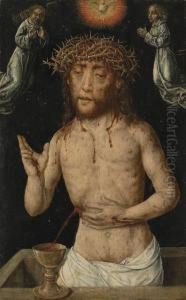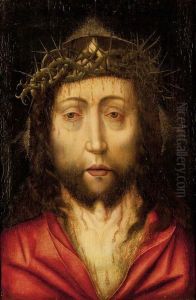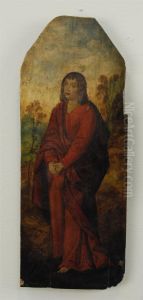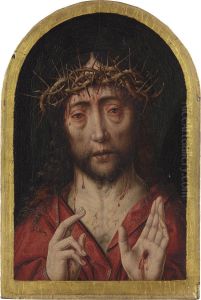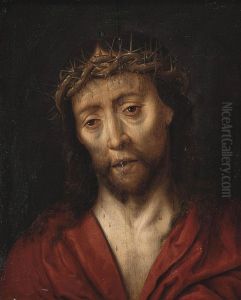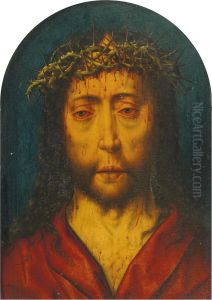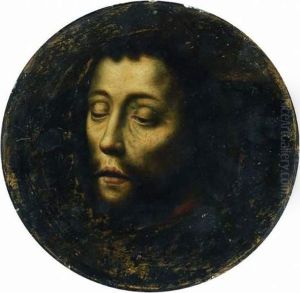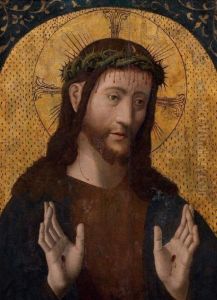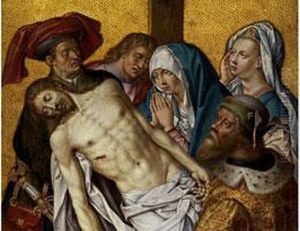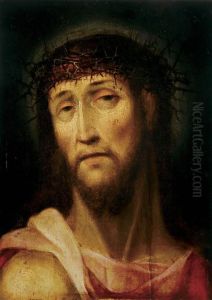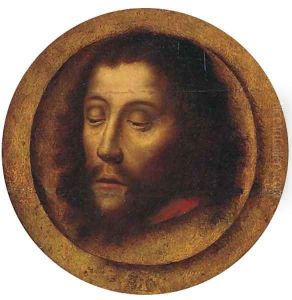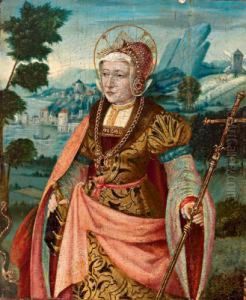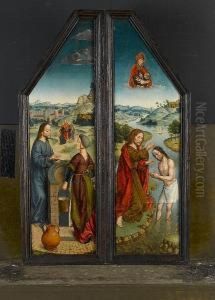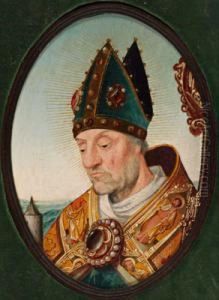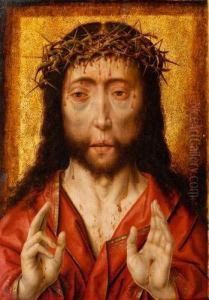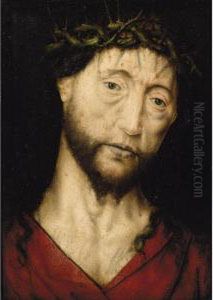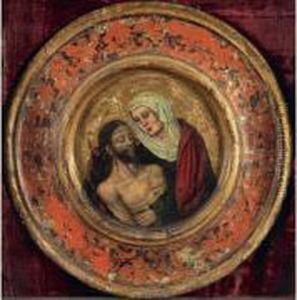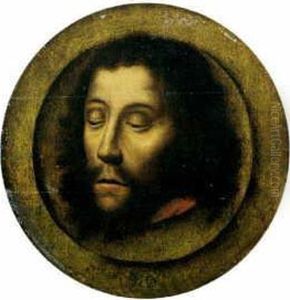Albrecht Bouts Paintings
Albrecht Bouts was a Netherlandish Early Renaissance painter, who was active in Leuven from about 1475 to his death in 1549. He was the son of Dieric Bouts the Elder, a prominent painter who had a significant influence on Early Netherlandish painting, and the brother of Dieric Bouts the Younger. Following in his father's footsteps, Albrecht Bouts adopted a similar style and continued the family tradition of painting, although he developed his own distinctive approach over time.
Albrecht Bouts is best known for his religious works, particularly small devotional panels, which often feature intense, emotive representations of the sufferings of Christ and the Virgin Mary. His works are characterized by a meticulous attention to detail, a fine technique in oil painting, and a clear, vivid color palette. Many of his paintings include haunting, sorrowful figures that reflect a deep engagement with themes of piety and devotion.
Throughout his career, Bouts maintained a focus on altarpieces and portraits, as well as other religious themes. He was particularly skilled in the use of light and shadow, which he used to enhance the spiritual and emotional impact of his subjects. His works are often noted for their serene and contemplative qualities, which were achieved through his adept use of color and composition.
Despite his talents, Albrecht Bouts did not achieve the same level of fame as his father, and his work was for a time somewhat overshadowed by the accomplishments of other Early Netherlandish painters. However, his contribution to the art of the Low Countries during the Renaissance is now better recognized, and his paintings are held in various museums and collections around the world.
The late discovery of some works originally attributed to his father, but now believed to be by Albrecht, has helped to re-establish his position in the history of Netherlandish art. He is appreciated for his individual style that, while rooted in the traditions of his father, reflects his own artistic explorations and his response to the evolving tastes and religious sentiments of his time.
